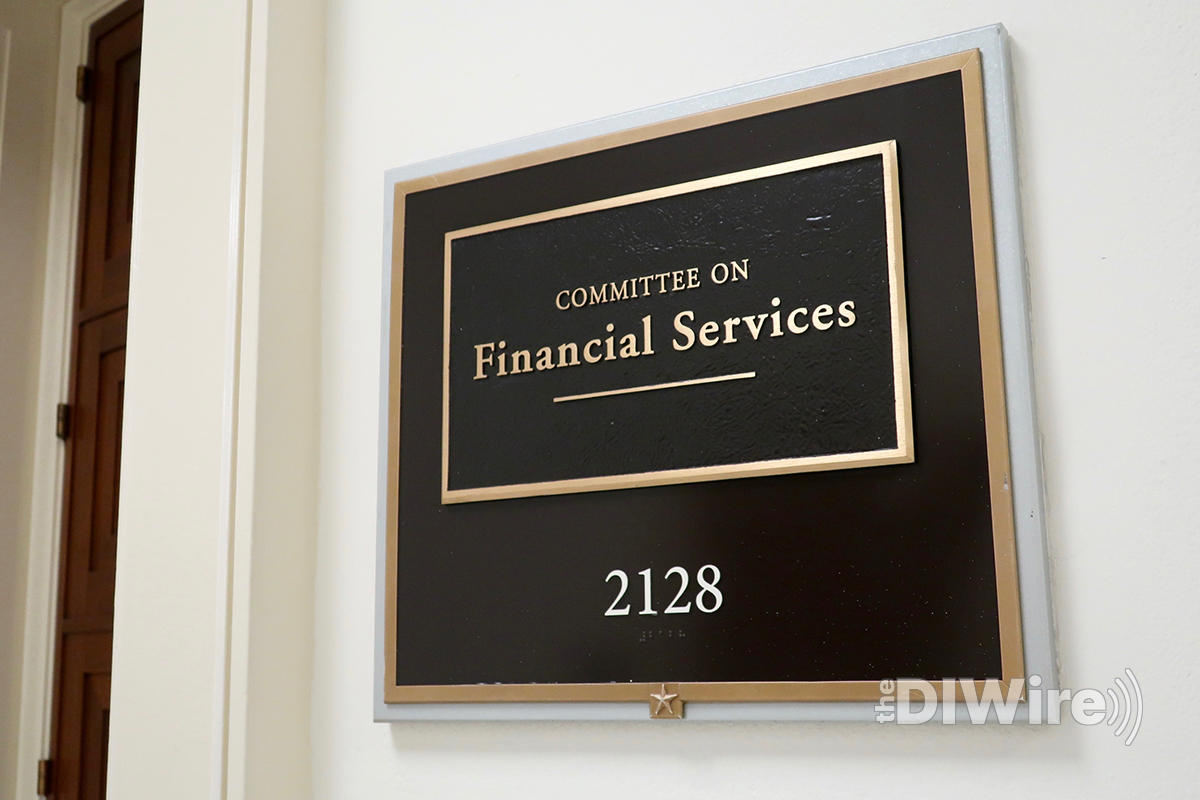House Committee Votes to Expand Accredited Investor Definition

Several bills broadening retail investors’ access to unregistered securities and private placements were passed this week by the House Financial Services Committee expanding the definition of “accredited investor.”
As defined by the SEC, an accredited investor is someone with a net worth that exceeds $1 million or an annual income in excess of $200,000, established in 1982 (or $300,000 jointly with a spouse, established in 1988).
In 2020 the SEC extended the accredited investor definition to include individuals who failed to meet the net worth or income thresholds, but who could demonstrate defined measures of professional knowledge, experience or certifications.
Lawmakers continued to argue that the definition unfairly limits access to investments from significant numbers of Americans.
The bills that passed out of the Financial Services Committee include the Accredited Investor Definition Review Act, which expands accreditation to those who hold certain certifications or credentials; the Equal Opportunity for All Investors Act, which will introduce a Financial Industry Regulatory Authority-administered test to qualify accredited investors who are “sophisticated-but-not-wealthy individuals;” and the Fair Investment Opportunities for Professional Experts Act, which expands the pool of accredited investors “to ensure that all Americans have an opportunity to participate in the growth and success of our economy.”
However, the Public Investors Advocate Bar Association had concerns regarding the language of certain bills. According to PIABA president Hugh Berkson, who wrote in a letter Wednesday to committee chairman Patrick McHenry and ranking member Maxine Waters, that included concerns over the idea of combining all individuals who were solicited by an investment professional, among other things. They also had issues with expanding protections for private placement brokers and finders as part of the Unlocking Capital for Small Businesses Act.
However, the advocacy group did not take issue with broadening the accredited investor definition to include licensed financial advisors.
“Allowing unlicensed and untrained ‘sellers’ to broadly solicit the sale of this category of private investments to an even larger populace of retail investors is a catastrophe in the making,” Berkson wrote.
As The DI Wire previously reported, the topic was last discussed by the House in February 2023.
In February 2022, the SEC first indicated that it would begin to seek public comment to further amend the financial thresholds of the accredited investor definition, one of the principal tests for determining who is eligible to participate in U.S. private securities offerings.

